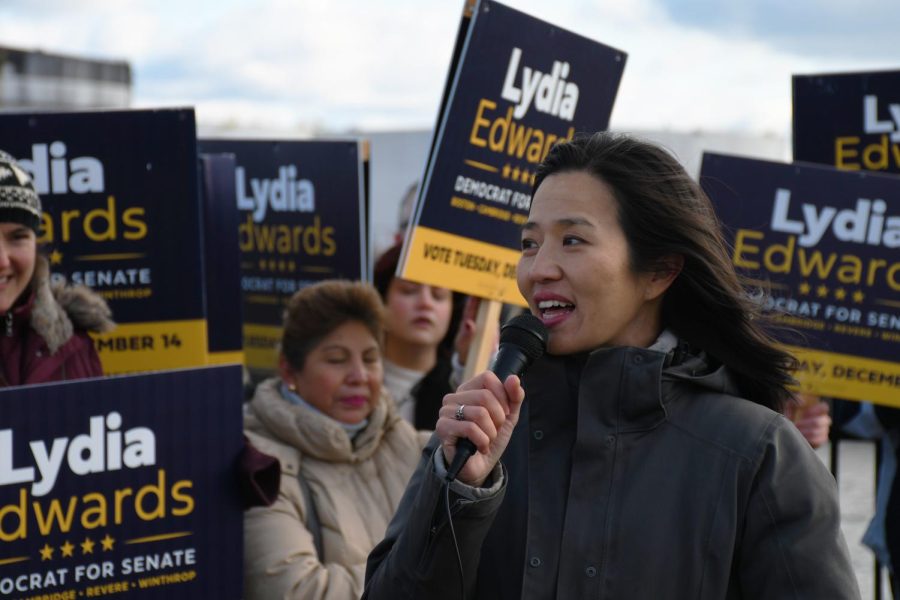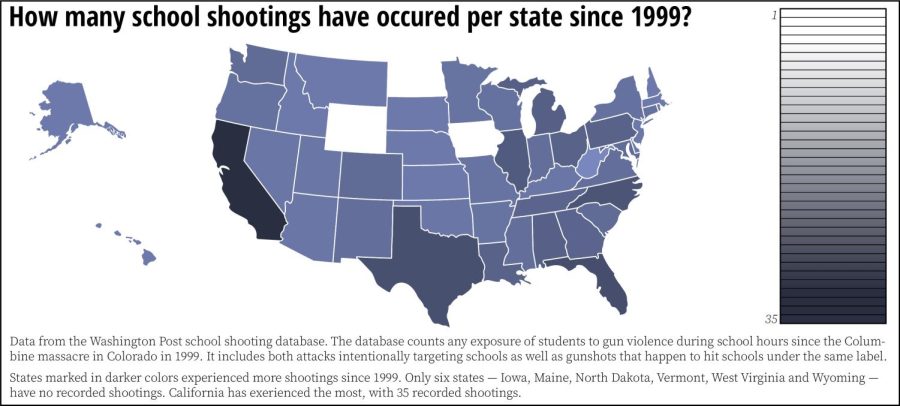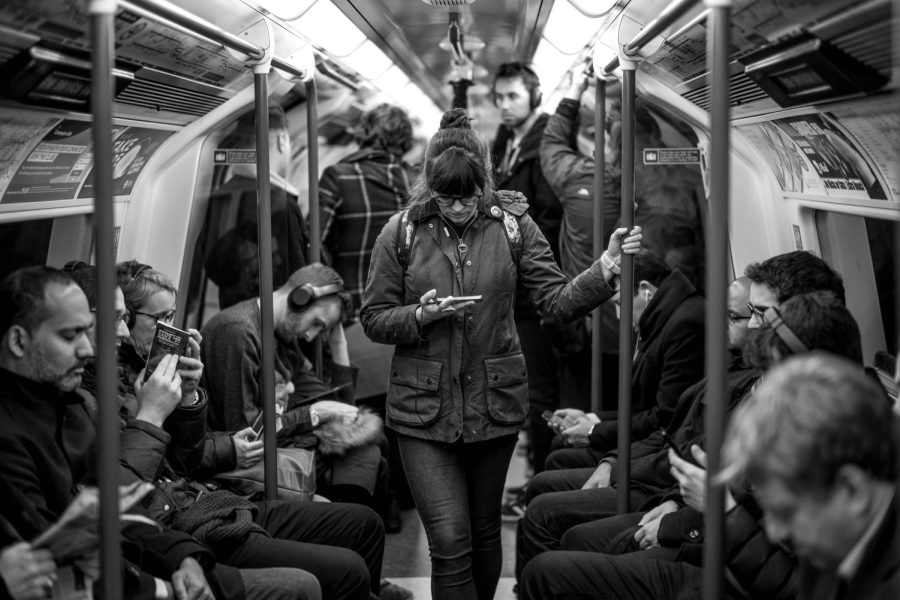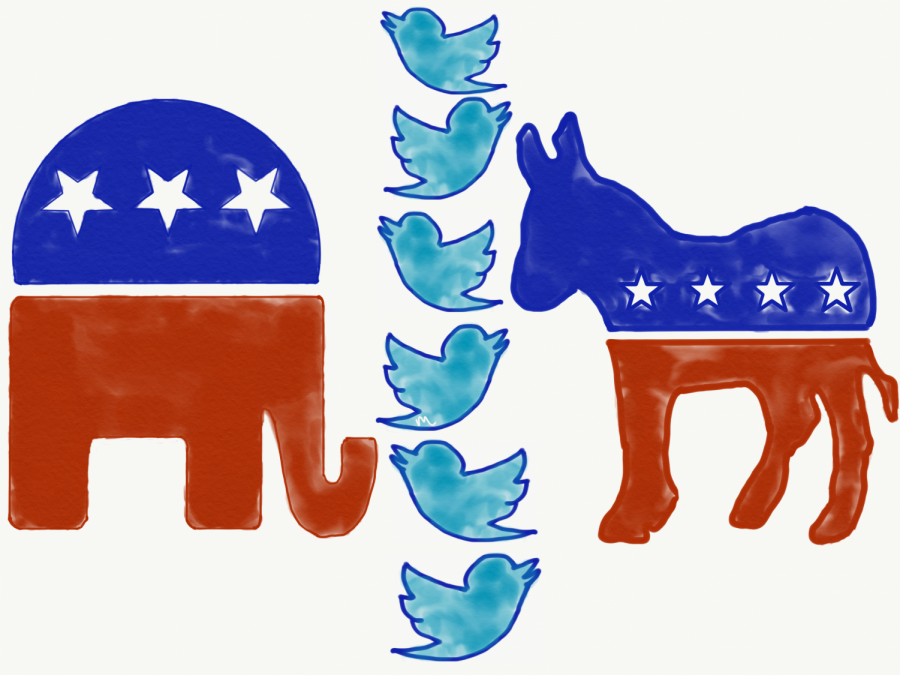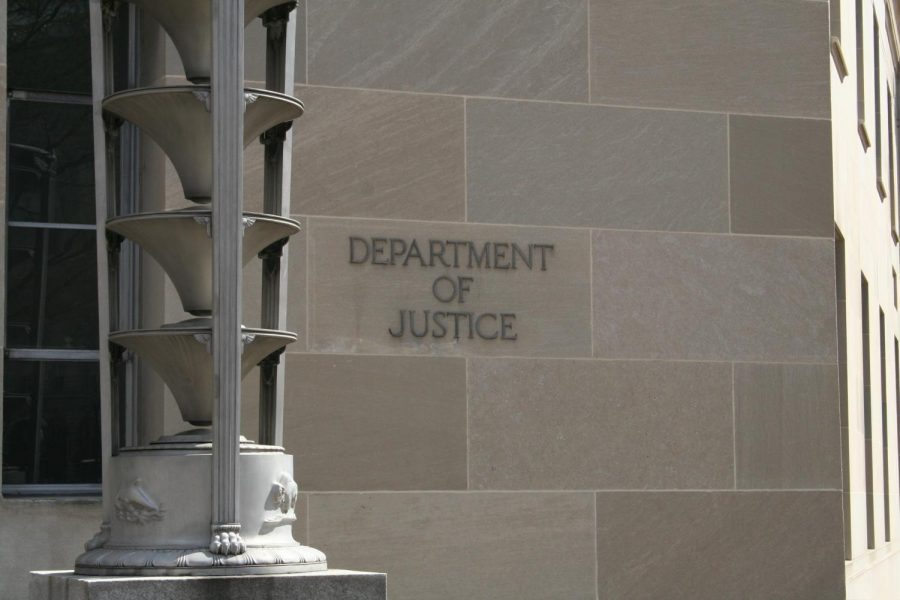By Alex Frandsen, editorial columnist
“Obviously, it’s a sad situation what he’s going through,” said New York Giants football player Justin Pugh last week. “It’s definitely something that’s tough. […] All we can do is support our teammate and make sure we’re there for him.”
What context does that quote sound like it belongs in? Addressing a death in a teammate’s family? Perhaps expressing sadness over a friend’s demotion from the starting line-up? Maybe Pugh is even talking about someone whose dog died, albeit a little dramatically.
Unfortunately, those guesses are not even close. In actuality, Pugh said that about Josh Brown, the former Giants kicker who was revealed last week to be a domestic abuser. In a series of letters and journal entries, Brown admitted to making his wife Molly’s life miserable. Some lowlights include one admission that he views himself as God and Molly as a slave and another in which he says he “physically, mentally, emotionally and verbally [has] been a repulsive man.”
Yet Pugh treated the situation like Brown was the tragic victim. If that false perception of domestic abuse and sexual assault were unique to Pugh, it would be one thing. But the league, too, seemed to not grasp the severity of Brown’s actions. Yes, Brown has now been released by the Giants. But that was the team’s call, not the league’s. The NFL’s only punishment was to place the kicker on the commissioner’s exempt list, which blocked him from playing in games and practices but still would allow him this year’s salary: Essentially, a paid vacation.
As an educational exercise, let’s compare that to some other punishments handed out this year by the NFL. Wide receiver Martavis Bryant was suspended for the whole season without pay for failing a couple of marijuana tests. Quarterback Tom Brady was banned from this season’s first four games without pay for allegedly keeping footballs deflated in a game two seasons ago. From those examples, one truth becomes abundantly clear: The NFL thinks smoking weed and shady gamesmanship are worse offenses than making your wife’s life a living hell.
Our country as a whole has similarly failed to recognize the Brown case for the serious matter that it is. Consider our reaction to Colin Kaepernick kneeling for the anthem. He was bombarded with death threats, called every name possible and had entire segments on Fox News dedicated to denigrating his actions. In a poll, he was the NFL’s most hated player. All because he kneeled instead of standing in order to raise awareness of racism.
Absolutely none of that has happened to Brown, who in very plain terms admitted to torturing Molly. Instead, his teammates feel sorry for him.
We cannot allow such an incorrect set of priorities to exist going forward. If we fail to condemn Brown, we send a very clear message that domestic abuse is not a huge deal. We tell every other abuser, “Yeah, treating your spouse like that is bad, but at least you stand for the national anthem.”
What Brown did is despicable, but it has also given us an exceptional opportunity to reverse a trend of not empathizing nearly enough with abuse victims. It might be tough, but you can start your stance by boycotting the NFL. Brown may be gone, but the league’s attitude remains. Don’t watch their games, don’t buy their jerseys, don’t go to their stadiums. It sounds hard, but let these statistics speak for themselves:
Number of people killed by kneeling: 0. Number of people killed by marijuana overdoses: 0. Number of people killed by deflated footballs: 0. Number of people killed by domestic abuse every year: 1,613, according to the Violence Policy Center. The NFL needs to recalculate what it cares about, and so do we.




